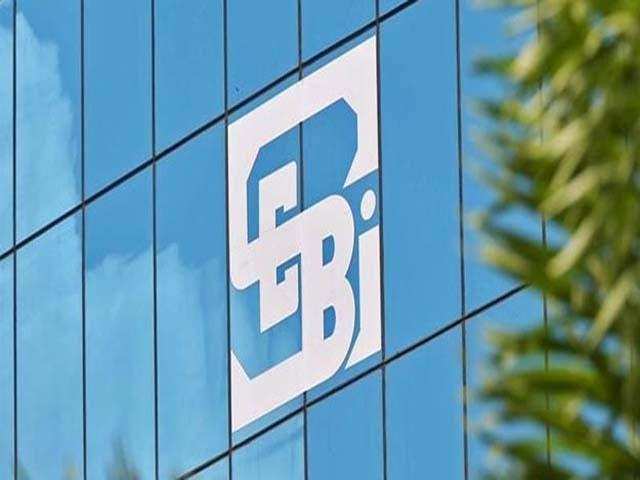INSUBCONTINENT EXCLUSIVE:
Authors: JordanRegulator Sebi today proposed stricter ownership and governance norms for credit rating agencies, debenture trustees and
registrar and share transfer agents as applicable to other market infrastructure institutions.
At present, stock exchanges, depositories and
clearing corporations are considered market infrastructure institutions(MIIs)
Sebi has now proposed to classify credit rating agencies (CRAs), debenture trustees (DTs) and registrar and share transfer agents (RTAs) in
this category.
This has been proposed following suggestions made by a high level committee under the chairmanship of former RBI Deputy
Governor R Gandhi.
While framing the recommendations, the committee took note of trends in ownership and governance of these market
intermediaries, compared them with the internationally prevailing practices and also took into consideration the views expressed by various
market participants.
The Securities and Exchange Board of India (Sebi) has sought public comments till May 19 on the suggestions made by the
Final regulations will be put in place after taking into consideration views of all the stakeholders.
With regard to CRAs, the panel
suggested that it may not be desirable to prescribe any additional ownership norms for rating agencies at this stage
It also recommended that the appeal committee should be renamed as review committee as the word appeal has a legal connotation and that the
review committee should also have independent members.
It also deliberated on the possibility of mandating the presence of Public Interest
Directors (PIDs) in the board of CRAs as they satisfy the 'Essential Facility Doctrine' and 'Public Utility' criteria.
However, it felt that
the changed regulatory requirement for CRAs is sufficient since prominent CRAs are either listed or are public limited companies and have to
comply with the appointment of independent directors in terms of listing requirements or Companies Act respectively, and therefore the
presence of PID on the board of CRAs may not be insisted upon.
In the case of RTAs, the panel has proposed that regulated entities and those
who are in this business should be free to hold ownership up to 100 per cent, while entities other than regulated entities cannot hold more
than 49 per cent collectively and 15 per cent individually.
"The ownership requirements may not be applicable if the qualified RTA is an
in-house entity or who performs the function exclusively for one entity only," as per the proposal.
In view of the Doctrine of Reasonable
Expectation, on becoming qualified RTA, it may be given 5 years to achieve such ownership structure
It should submit a plan to Sebi with the intent to achieve dispersed ownership over a period of time.
The committee has suggested
appointment of public interest directors on the board of RTAs
In case the chairperson of the board is a non-executive director, then the qualified RTA should have at least one-third of the board of
directors as PIDs; and if such qualified RTA does not have a regular non-executive chairperson, then at least half of the board of directors
should be PIDs.
With respect to debenture trustees, the panel noted that there are quite a few challenges before the DTs in performing their
obligations and duties as debenture trustee and the function of debenture trustee is still evolving.
Accordingly, the committee is of the
view that the review of ownership and governance of DTs is not the immediate priority; rather the role and obligations of DTs need a
comprehensive review separately.
Sebi had set-up the committee in October 2017 to review the existing framework of MIIs
In the meantime, the terms of reference of the Gandhi committee were expanded to include the desirability of classifying certain market
intermediaries as MIIs and assess the possibility of extending the extant framework to such MIIs.
In February last year, Sebi had issued a
consultation paper to review the norms governing stock exchanges, clearing corporations and depositories in view of changing market

